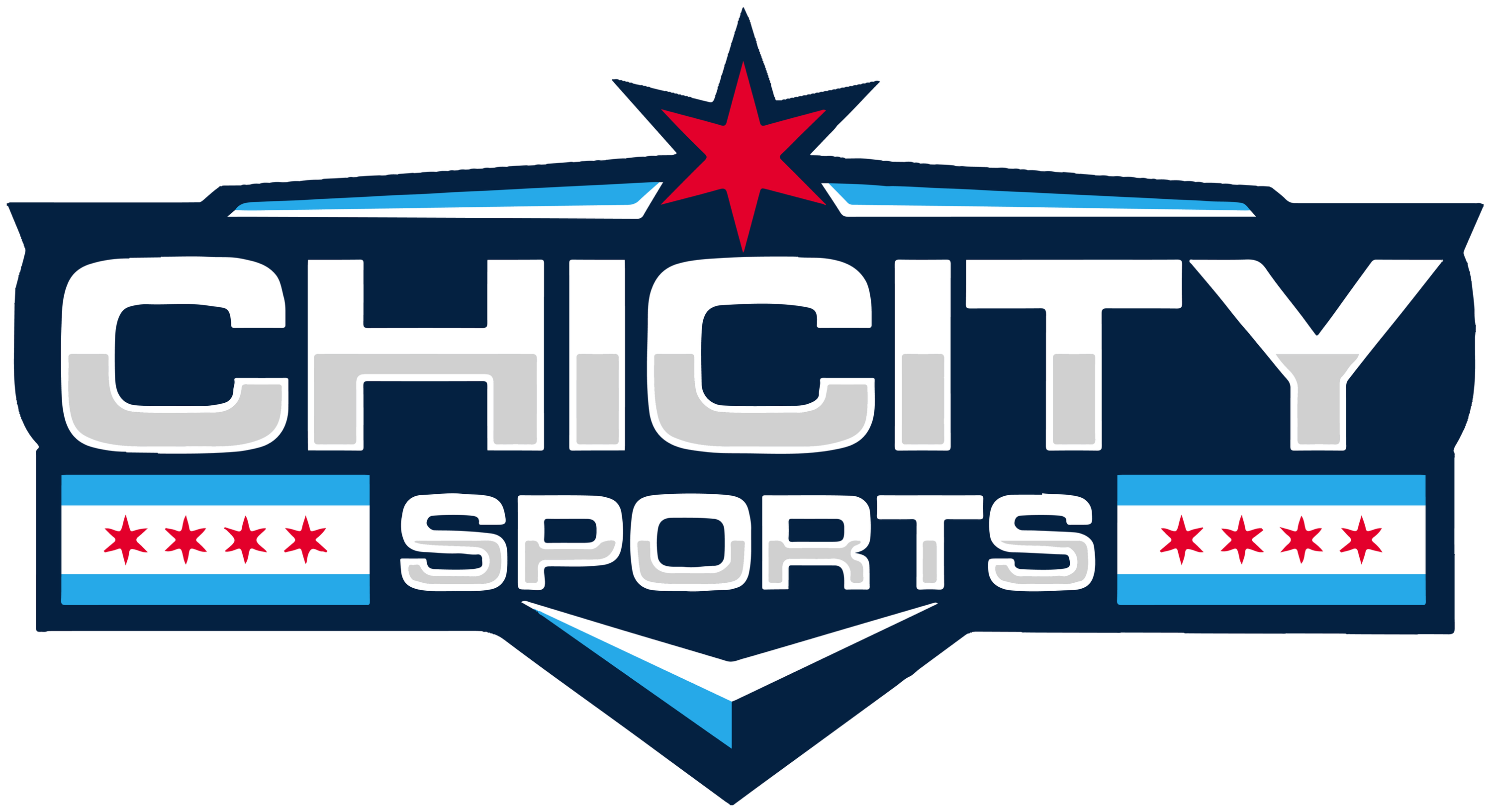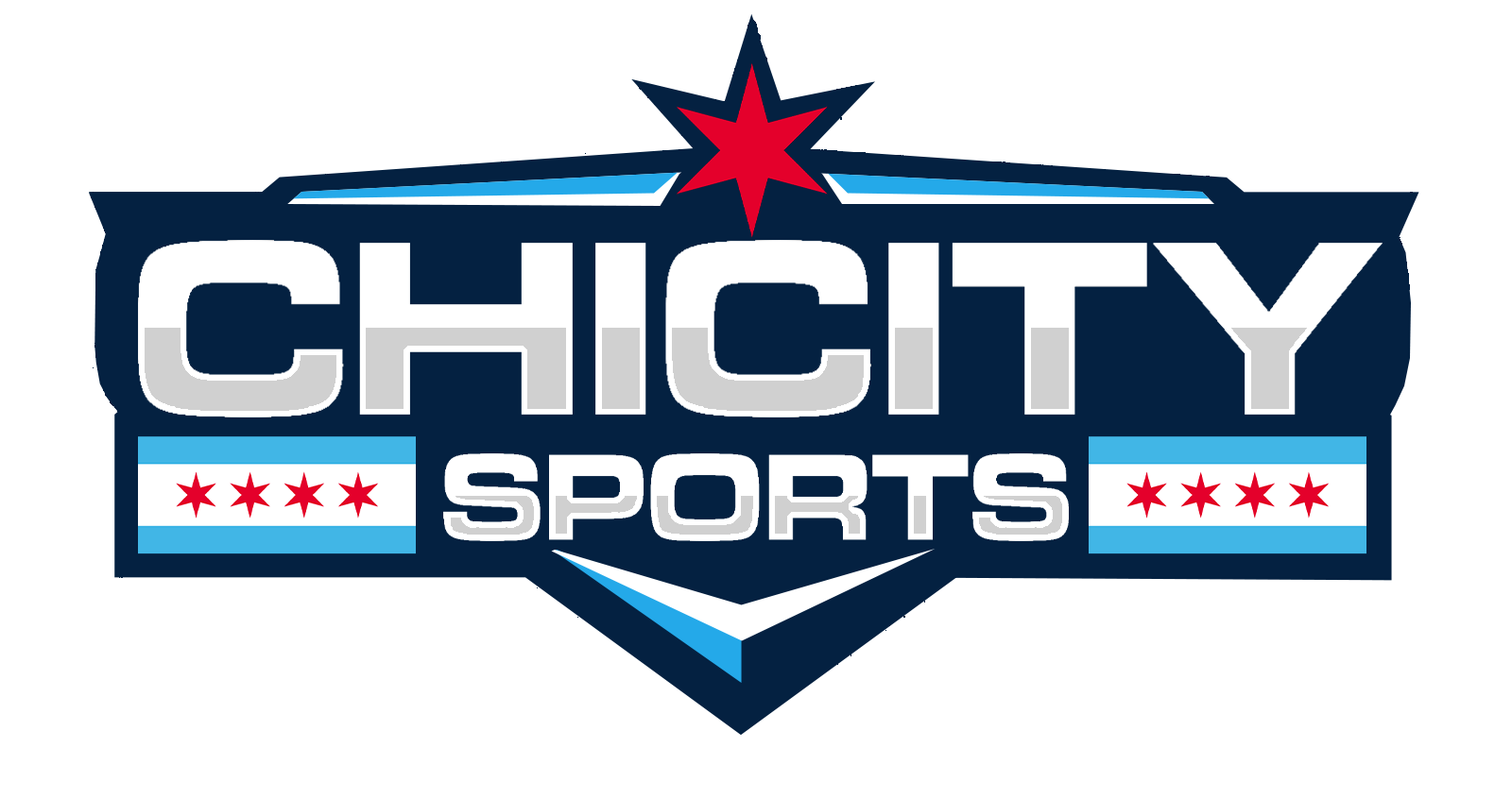Nowadays, most people first associate the term “Daily Double” with the Jeopardy! game show. It has wormed its way into the pop culture vernacular since that show’s relaunch in 1984.
However, prior to Mayim Bialek and Alex Trebek, the Daily Double existed mainly as a term horse bettors used. It is still a type of bet, and refers to picking the winners of two different races.
Doubles And Picks
Typically, according to TwinSpires, the races involved in a Daily Double are consecutive races on a card, though for special events two non-consecutive races may be coupled. For instance, in the spring, punters can bet a double on the Kentucky Oaks and the Kentucky Derby; in the fall, the Breeders’ Cup Juvenile and the Breeders’ Cup Classic are joined.
There are also bets that involve picking the winners of three or more consecutive races. These are called the Pick 3 (or however many races you’re betting on). Usually each racing card has multiple series of races to bet on each day.
However, making these types of wagers can be more complicated than your standard win bet. Every time you add a win condition to your wager, the price of your bet increases, and if you are not careful you could end up spending hundreds more than intended. How can you calculate and keep track of the costs?
Betting Calculators
One way that punters can make sure they break even is to use a betting calculator.
A betting calculator is a an app or page on a gambling website that specializes in calculating the cost of exotic wagers (wagers that involve two or more finish positions, or two or more races).
All betting calculators are a little bit different, but to use them a bettor typically enters a base amount for the wager, the type of wager, and the horses they intend to play.
For instance, let’s assume you wanted to play the Juvenile-Classic double mentioned above. You would enter this as a Daily Double on your betting calculator.
After that, enter the base amount of the wager. This input will affect how much output you get if your ticket is a winning one- not the amount you actually pay at the window.
Finally, you get to pick your horses- and here’s where things get interesting.
Let’s use this year’s Kentucky Derby and Kentucky Oaks as an example. You may- as I did- have chosen Echo Zulu to win the Oaks, and you may- as I also did- have chosen Zandon in the Kentucky Derby. A Daily Double with those selections would have cost as little as a dollar.
However, let’s say you were a little less certain about Echo Zulu and threw Nest into the mix as well. You’re now betting on two outcomes (Echo Zulu/Zandon, and Nest/Zandon), and accordingly, your bet now costs twice as much.
If you decided to spice it up a bit, you could have added a long shot like Barber Road to the Derby mix. Now you’ve got four winning scenarios, and your bet’s cost has risen to four times the initial amount.
Indeed, if someone was just crazy enough, it is theoretically possible to bet on all of the horses, which in the case of the Derby and Oaks, would mean a minimum cash drop of $280.00, which would still function payout-wise like a one-dollar bet.
In normal years, that wouldn’t yield a profit, but 2022 was no normal year. Having the ticket for a double on Secret Oath and 80-1 Rich Strike netted a payoff of $973.20 for a one-dollar bet, which would make the ridiculous practice of betting each horse seem downright sensible!
For More Great Chicago Sports Content
Get the latest Chicago sports news, analysis, and breaking stories on the Bears, Bulls, Blackhawks, Cubs, White Sox, Sky, and more! Tap the star to add us to your favorites on Google News, so you never miss a story on your favorite Chicago teams.
Follow us on Twitter at @chicitysports23 for more great content. We appreciate you taking time to read our articles. To interact more with our community and keep up to date on the latest in Chicago sports news, JOIN OUR FREE FACEBOOK GROUP by CLICKING HERE




